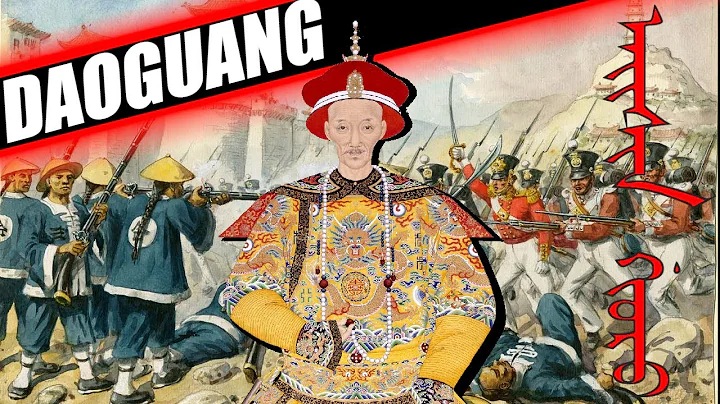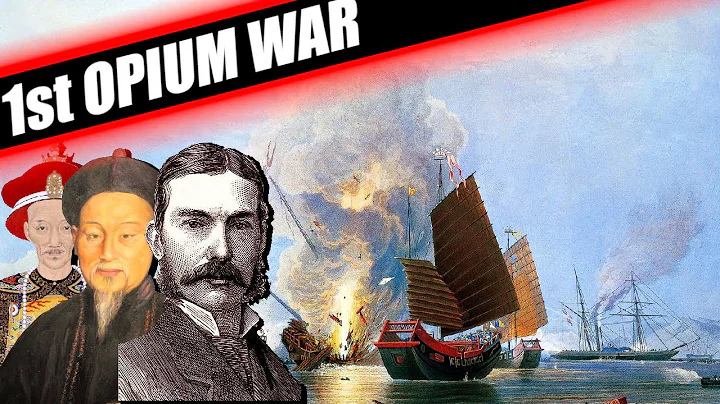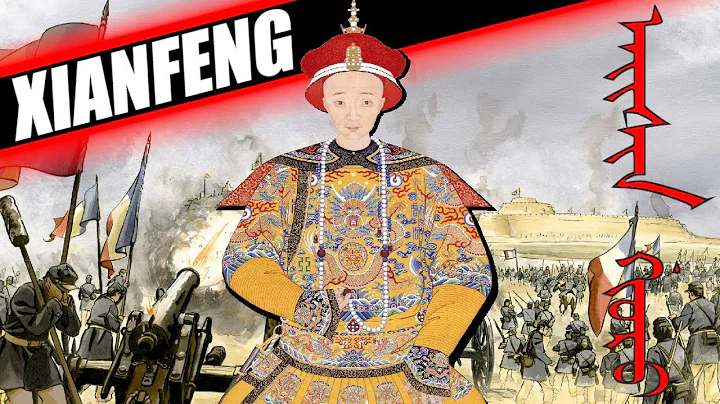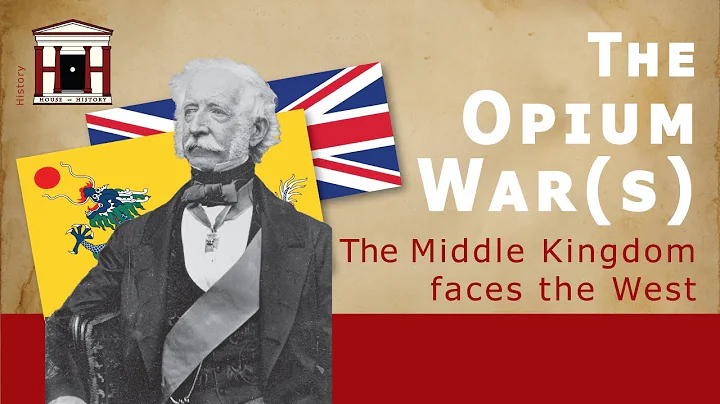In 1939, Chiang Ching-kuo , who was already in his thirties, came to Ganzhou, Jiangxi Province and served as Jiangxi Provincial Administrative Inspector and Security Commander. This was the turning point in Chiang Ching-kuo's political career and the point of departure. This energetic and ambitious prince of the Jiang family was determined to make a career in this place. When he first arrived in Gannan , Chiang Ching-kuo put forward the slogan of "eliminating violence and bringing peace to society", the specific content of which was a ban on smoking and gambling.

In his youth, Chiang Ching-kuo
Opium was rampant in Jiangxi. A very important reason was that when Chiang Kai-shek launched five campaigns against the Red Army , in order to raise military expenditures, he allowed the government to franchise the opium business and allowed private individuals to open opium dens and charge them according to the cigarette lamp. Tax. At that time, there were more than 20 opium dens in the Guangganzhou area, each of which was open 24 hours a day. When customers come, they all enter through a small door, which is dimly lit and filled with smoke. You only need to spend 40 to 50 cents to buy a cup of cigarette cream at the counter, get a set of pipes and cigarette lamps, find a berth, lie down, and start puffing away.
Smokers are willing to sell their children or even bankrupt their entire family just to take a puff.

As for gambling, it has always existed among the people, and it became a common practice when the Guangdong Army was stationed in Jiangxi. In order to raise military salary, the Guangdong army opened a special gambling company. The largest Grand China Hotel in the city was converted into a main casino, and more than ten restaurants and hotels in the city were also used as branch venues. Even so, every gambling stall is still open all night and is overcrowded. The local people judge whether a child is useful or not, depending on whether he can gamble money. Children who don't know how to gamble are considered fools and useless. It can be seen that gambling is very popular in the local area. Many people make a living by gambling. Some people bet with their car keys, and if they lose, they will lose a car; some people bet on the land deed, and if they lose, they will lose a house...

Republic of China Casino
After Chiang Ching-kuo took office, he said to his subordinates: "There are three things that new officials should do when they take office, and I am no exception. The most harmful things to society at present are cigarettes, gambling, prostitution, and banditry. Sooner or later, I will burn them all. For now, I will burn cigarettes and Gambling! "
In June 1939, Chiang Ching-kuo issued a warrant: Smoking and gambling were banned.
When dealing with gamblers, Chiang Ching-kuo first did not impose fines, because the gamblers would treat them as losers and their money could be recovered; secondly, if he did not imprison them, he would have to expand the prison cells, which would have little effect on the gamblers, who would continue to gamble when they left. The method adopted by Chiang Ching-kuo was ingenious. At that time, a new monument to the fallen soldiers of the Anti-Japanese War was built in the city. He would make the gamblers kneel in front of the monument for three days, and they could go home after kneeling for six hours a day. After three days, we will decide whether to continue pursuing the case based on the performance. For repeat offenders, they would be labeled as "gamblers" and paraded through the streets with small gongs beating on their hands.

It should be said that this trick is most effective for those dignitaries who refuse to implement the law. They are not afraid of being detained. They have access to the class rooms, and they will receive preferential treatment when they enter, which will not serve as punishment. They are not afraid of fines, and they are rich anyway. But they are afraid of being punished by kneeling and being paraded through the streets. After all, they are all respectable people and they cannot afford to embarrass this person.
Citizens regard it as an interesting program to watch gamblers kneel on monuments and parade through the streets. They go there every day to see who is kneeling today and whether there is any background. If it is a dignitary, reporters from various newspapers will come out to expose it. Everyone points, talks and laughs, it is very lively. Many gamblers can't stand this, scholars can be killed but not humiliated, and over time many people will stop gambling.

Stills from the movie "Alive"
At that time, there was a big gambling case that shocked the whole city. It came from Ganzhou 's largest shopping mall that benefits people. Although Limin Shopping Mall is called a shopping mall, it is actually the largest casino in the area. After gambling was banned, this place was turned into an underground casino, which was tightly guarded. All entrances and exits were guarded by dedicated personnel. If there was any slight disturbance, the animals would disperse and it would be impossible to catch the action.
After receiving the report, Chiang Ching-kuo personally led the action team, disguised himself, and went to catch the gamblers. At midnight, they came to the area around Limin Shopping Mall and found that the doors and windows were closed. They forced their way in but were afraid of disturbing the public. They were so worried that they didn't know what to do.

At this time, Jiang Jingguo discovered that there was a soup ladle next to the building still doing business. So he walked up and greeted the old man who was busy making soup: "Boss, business is still so good at this late hour.The old man smiled and said, "Earn some hard-earned money and do some late-night snack business." Jiang Jingguo immediately understood and said deliberately: "They must be the guests upstairs. They are really energetic." "The old man didn't answer. He looked at the other person through the light. It didn't matter. He almost frightened the old man and asked in surprise: "I recognize you. You are Commander Jiang. I have heard you speak. . "Jiang Jingguo said softly: "Don't say anything and give me the midnight snack you asked for upstairs. "The old man knew that he was trying to catch a gambler, but he had no choice but to cooperate.

Jiang Jingguo took the ragged felt hat and put it on, tied on an oily apron, then picked up the basket and went directly to knock on the door. The guard asked: " Which? "Jiang Jingguo imitated the Ganzhou dialect: "Here comes the clear soup! "The guard didn't see through and opened the door. Jiang Jingguo stepped through the door steadily. The action team behind him was speechless. Before the gatekeeper could react, they filed in and directly held the gatekeeper with a gun.
Immediately afterwards, he followed Jiang Jingguo upstairs. Good guy, there were indeed several tables of gamblers fighting fiercely inside. Jiang Jingguo shouted in a slightly hoarse voice: "Bosses, congratulations on getting rich!" "
The gamblers turned around and saw Jiang Jingguo taking off his felt hat, taking off his apron and revealing his true form. They were stunned. One of the colonels wanted to draw his gun and rush downstairs, but at this time he acted. The team had already pointed their guns at him. In this way, all the gamblers were wiped out, and the gambling money collected alone reached tens of thousands of dollars. This large gambling case was successfully solved by Jiang Jingguo.
Regarding the smoking ban, Jiang Jingguo investigated. The punishment was even more severe. At that time, the Guangdong soldiers opened a tobacco ointment store there. Regardless of the other party's background, Chiang Ching-kuo sent people to seize it directly. They found 19 boxes of tobacco in one go. Following the example of Lin Zexu , he summoned the people and ordered him to sell it on the spot. The smoke was destroyed. This incident caused a sensation in Ganzhou City, and the people all applauded the destruction of opium.
But it was easy to detect, but it was difficult to suppress it. There was a shop that hid opium in the toilet. It was hidden inside the wall by removing the movable bricks when needed. An official hid the tobacco pipe in a thermos to avoid inspection.
Chiang Ching-kuo made great determination and announced that from 1940. Starting from July 1, smokers were shot if caught, but death did not scare the addicts. One day, the anti-smoking team captured the son of a bank manager and the brother of a foreign bank comprador while they were smoking opium. They were all children of rich people, and the police originally wanted to blackmail him and agreed to pay ten gold bars for his life. Unexpectedly, a news reporter found out about this and reported it in the newspaper. Now the family members panicked. God, asked people everywhere to plead for mercy. Finally, they found Zhang Shouchun, the captain of the Second Battalion of the Provincial Police, and gave them a generous gift. Zhang then gave them an idea and asked them to donate a plane to celebrate Chiang Kai-shek's birthday. In order to rescue their children, the two families had to prepare. The whole family was ruined.

Chiang Ching-kuo received the petitioners when he was in southern Jiangxi.
Chiang Ching-kuo originally wanted to give him a way out. At that time, he captured five smokers and killed two less, which could still serve as a deterrent. A telegram was sent, demanding that these two people be sent to the provincial capital for justice. It turned out that the two families had tried to communicate with the provincial government. After reading the telegram, Jiang Jingguo was furious. He hated this kind of bullying behavior. Just when he was hesitating about what to do. The secretary came in again and reported: "Commissioner, the newspaper office called and asked, saying that there are rumors in the society that the family members of smokers bribed the commissioner to buy two lives. Do you want to refute the rumor? After hearing this, Jiang Jingguo's face turned pale. He wrote the words "Kill without mercy" on the official document with a brush and handed it to his secretary: "This is the best way to refute rumors!" "

Immediately, the five smokers were stripped of their shirts, put on signs, paraded through the streets and shot. Five smokers were executed at one time, which greatly shocked southern Jiangxi. Jiang Jingguo knew that punishment alone could not completely solve the problem, so he established a smoking cessation campaign Therefore, all drug addicts can be sent to detoxification.
In this way, Chiang Ching-kuo's smoking cessation order still achieved certain results during his administration in southern Jiangxi. At least no one dared to smoke opium openly anymore, and the number of local smokers also increased. reduce.Measures such as the ban on gambling and smoking restored local social order, and the government decrees were adopted, which played a great role in stabilizing the society and changing the atmosphere. At the same time, it also laid a solid foundation for him to gain a foothold in the political arena.





















